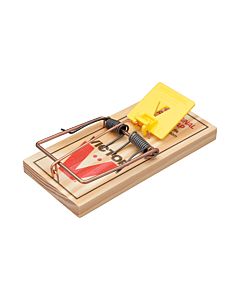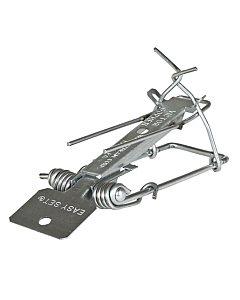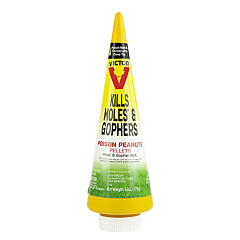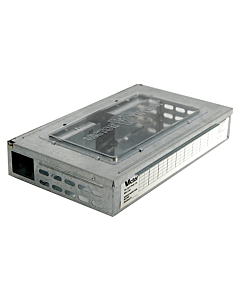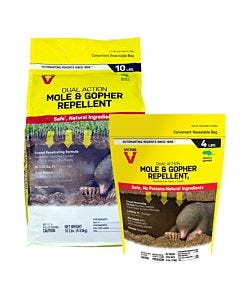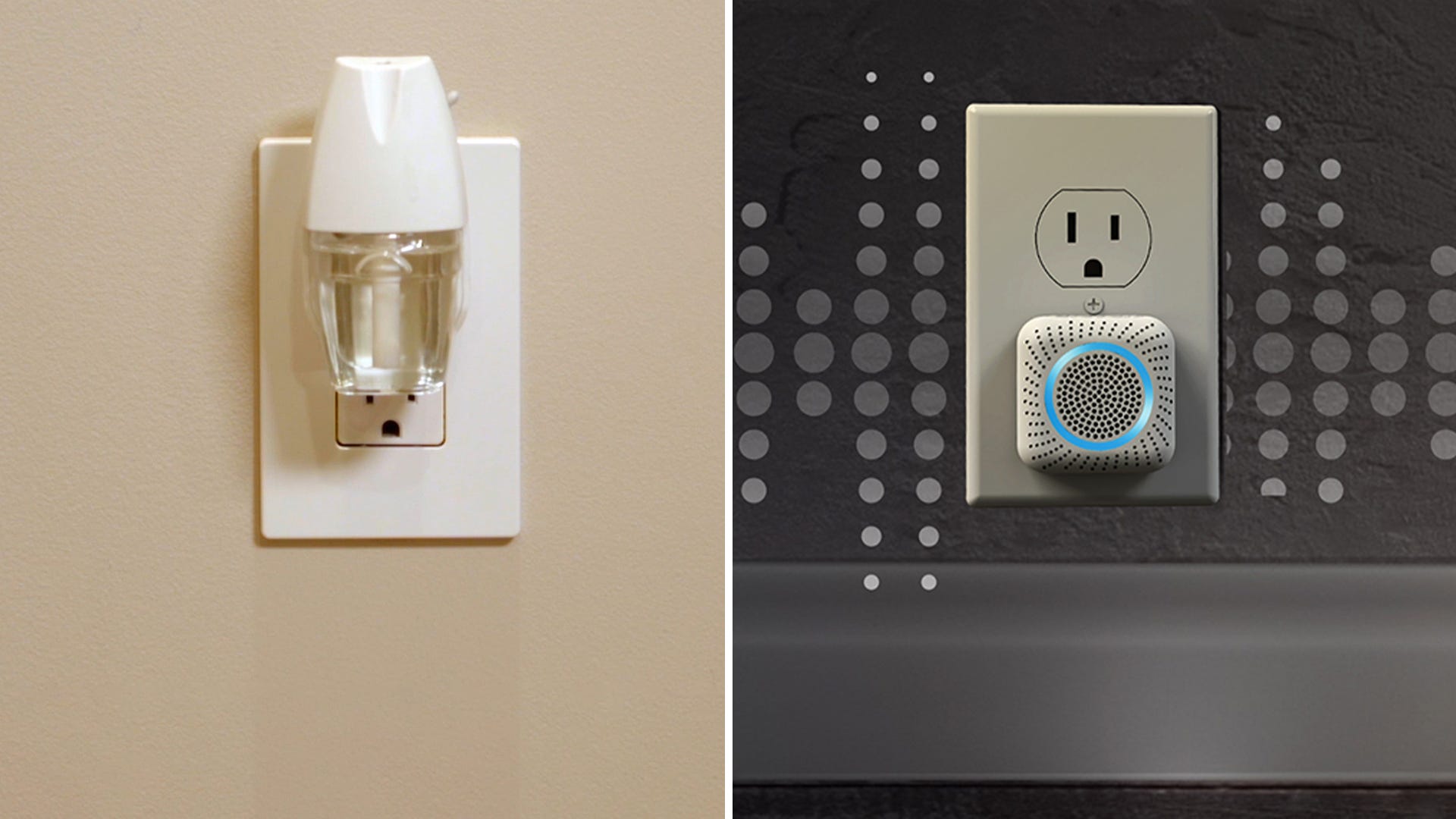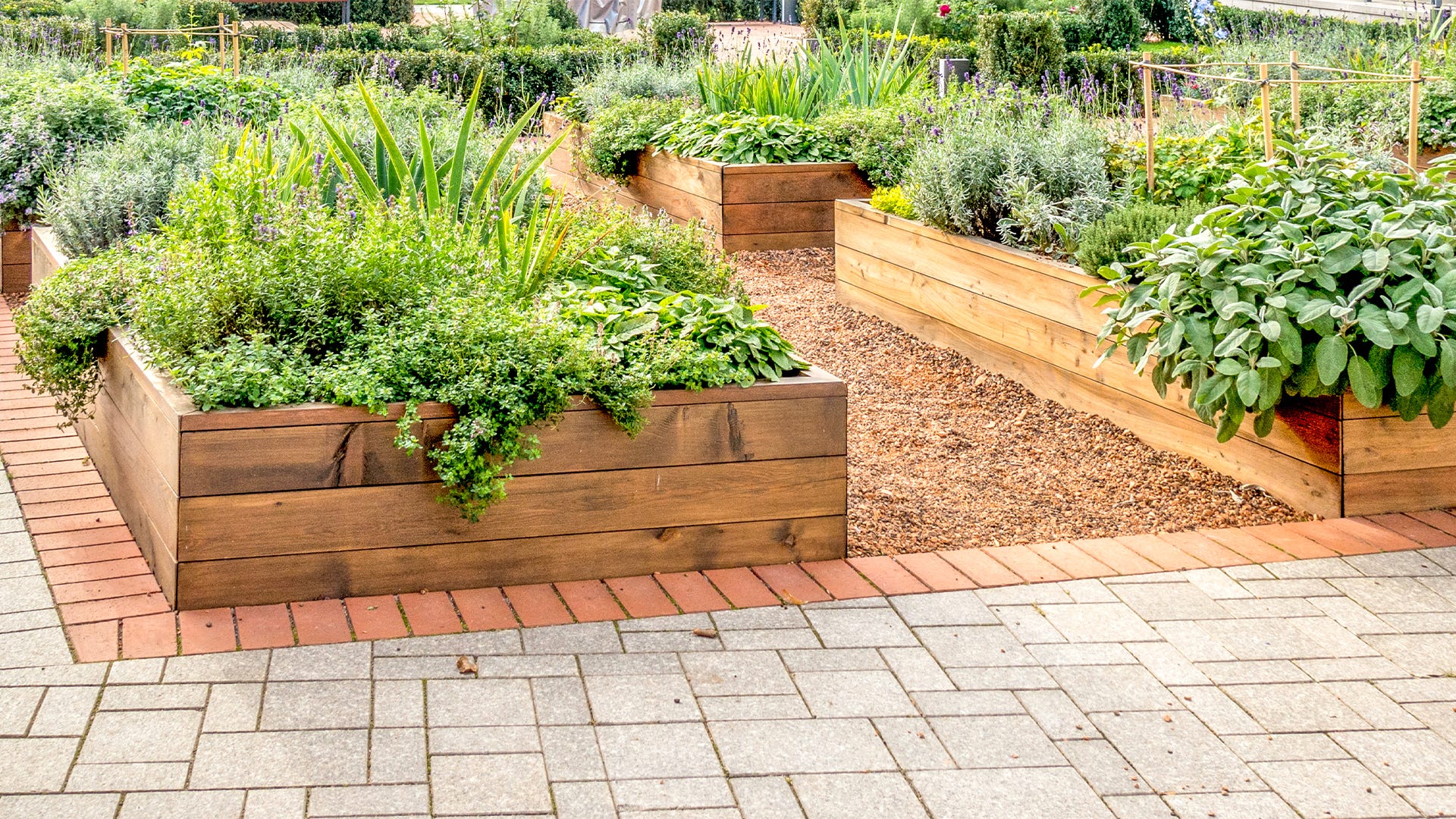
Although most gardeners think about insects when they think of garden pests, rodents are the scourge of many gardens. Mice, rats, gophers, and other rodents not only cause unsightly damage from tunneling through the lawn and garden, but they can also eventually enter your home after colonizing the garden.
To keep rodents out of the garden – and out of your home – you need to first understand what attracts rodents to the garden and then by changing the habitat, discourage them from taking up residence.

Recognizing the Signs of Rodents
Like any living creature, rodents seek food, water, and shelter. Your garden simply appears to them as an extension of the normal woodland or prairie habitat in which they live. Not only does it provide abundant food, but sprinkler systems provide water, and the abundance of vegetation provides suitable shelter.
Rodents can colonize compost piles, garden beds, ornamental plantings, and lawns. Once they infest your yard, they’ll continue to seek even better accommodations, especially as winter arrives. They often find entrances into houses, sheds, and garages through tiny openings. While gophers generally remain in outdoor colonies, rats and mice prefer the warmth found within houses. If rats and mice are left unchecked in the garden, they may seek shelter inside your home.
How to tell if rodents are a problem in your garden? Look for the following signs:
- You see them — Aside from activity in your yard and garden, rats often travel on top of power lines, especially at dawn and dusk. Watch for rats along fences and trees, too.
- Plants disappearing overnight — New plantings, seedlings, and sprouts often disappear overnight without a trace. Some appear to be tugged under the ground from below. Deer and rabbits chew plants from above, often tugging them out of the earth and leaving roots behind. Rats, mice, and gophers disturb plants from below, often pulling at the roots or gnawing at them from below.
- Tunnels in the ground — Rats, mice, gophers, and other rodents often carve tunnels in the ground, connected by small entrance and exit holes. Gophers leave a larger, more visible mound of soil than rats and mice. These tunnels are the rodents’ superhighways and allow rodents to destroy plants simply by passing through the ground.
- Mounds — Gophers and rats create mounds of soil to mark the entrance to their burrows.
- Droppings — Rats, mice and other creatures leave their droppings behind. Rodent droppings look like black grains of rice.
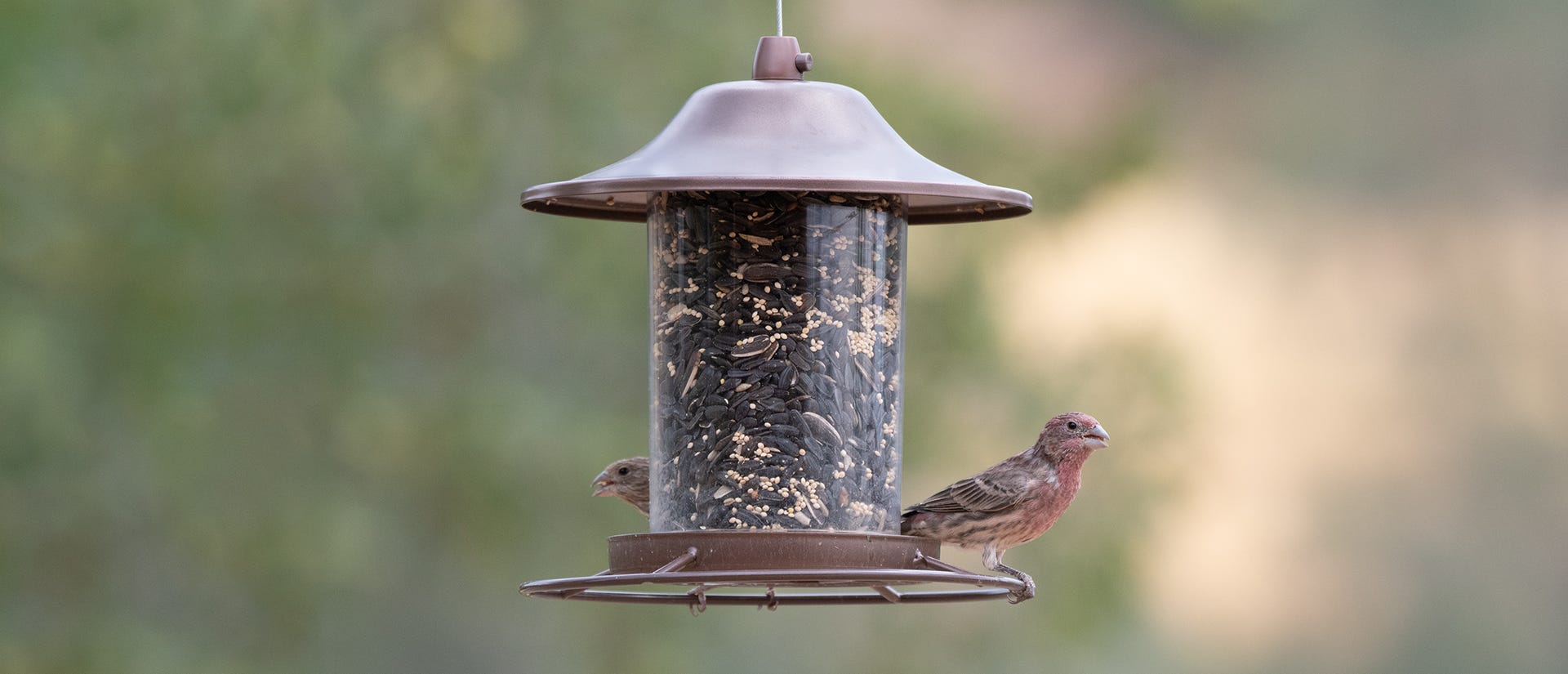
Specific areas of the garden to check for rodent infestations include:
- Compost piles — Improperly managed compost piles can be like an all-you-can-eat buffet for rats and mice. You’ll spot them easily, especially after digging into the pile and disturbing their nests. Mice are frequent compost pile pests.
- Sheds — Check for signs that something has been digging under your garden shed. Rats and gophers can tunnel under sheds and set up a residence of their own.
- Garbage and recycling bins — If you keep your garbage and recycling bins outdoors, look for droppings and chew marks on the bins, a sure sign that rodents are around. You should check frequently for holes in these containers, and you may want to convert from plastic to metal cans.
- Wood Piles — Outdoor wood piles are attractive places for rodents to build nests. If your woodpile is in the garden, you may have inadvertently built a rodent hotel. Restack it periodically.
- Bird feeders — Birds drop seeds from feeders, which can attract rodents into the garden. Stored bird seed in garden sheds or garages is also attractive to many rodents. Always store bird seed in a sealed, metal, galvanized container.
Do Mice Eat Plants?
Field mice in the wild eat seeds, nuts, berries, and vegetation, as well as small insects. Do mice eat plants? Yes, and they will eat garden plants and houseplants, too. Mice are especially fond of seeds, so newly planted garden seeds like corn and sunflower seeds are a favorite target of garden mice. Newly emerging grass seeds, grains, and leafy green vegetables are also appealing to mice.
The Dangers of Rodents in the Garden
Rats and mice not only destroy your hard work by eating plants in the garden, they can also infect your garden with several pathogens. Salmonellosis, for instance, can be spread by rat feces in or near vegetable gardens. After the infected rat leaves droppings in your vegetable garden, watering spreads the bacteria from the ground by splashing it onto leaves and fruit. Lettuce, spinach and many herbs and vegetables can be contaminated in this way, causing severe diarrhea and stomach cramps within 3 days of ingesting infected materials.
Rats, mice, and other rodents can be the primary agents of infection, spreading various viral and bacterial diseases. They can also carry fleas and ticks, which spread diseases such as Lyme (from ticks) and other infections.
Rodent infestations are, unfortunately, a common sign of poor sanitation. It’s a good idea to check your yard and garden for debris if you suspect a rodent infestation. Not only can the rodents themselves spread diseases, but poor garden sanitation can lead to plant diseases. A clean garden is a healthy garden – and one that’s less attractive to rodents.
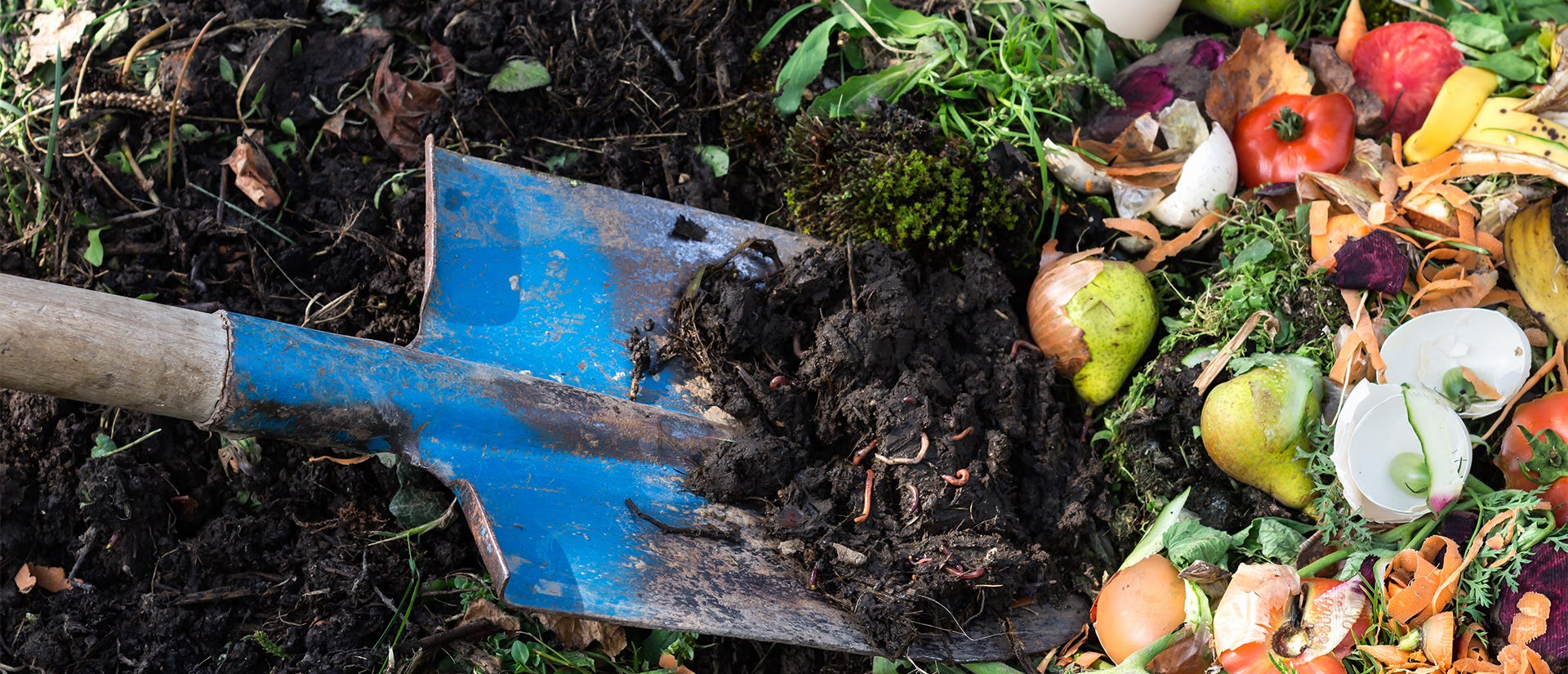
How to Keep Rodents Out of the Garden
Knowing how to keep rodents out of the garden depends on properly identifying the type of rodent damaging your plants. Ask yourself the following questions to help identify the right rodent:
- Are there visible mounds in the yard?— If the answer is yes, you are likely dealing with gophers or moles. A conical-shaped mound is the work of the eastern mole, while a round or heart-shaped mound is a sign of the pocket gopher.
- Are seeds being eaten from the ground without the soil surface disturbed? – You may be dealing with mice or rats.
- Is plant material, especially fruit scraps, disappearing from the compost pile? — Check for droppings — it’s likely that mice are infesting your compost pile. Opossums and many other wildlife also feed on compost pile materials.
- Is there a burrow with a small entrance? — Is the entrance hard to find? Is the burrow near a water source? If the answer to these questions is yes, you’re probably dealing with the Norway rat. Norway rats like to make burrows near dependable water sources and buildings such as sheds or garages.
Once you’ve identified the likely suspect, it’s time to take action. Here are several steps you can take to keep rodents out of the garden:
- Remove their shelter — Rats and mice like to make nests in brush piles, wood piles, and tall grass. Keep grass cut throughout the gardening season. Don’t pile spent plants near your garden; bag them and discard them in the trash. Periodically move wood piles. For mice infestations in compost piles, make the compost pile as unattractive to mice as possible. Turn the compost weekly and spray it with a garden hose.
- Eliminate their food sources – If your bird feeders are attracting rodents into the garden, you may need to take them down for a few weeks, just long enough to give rodents the message that their free lunch is over. Prevent bird seed spills by filling your feeder carefully and storing bird seed in closed metal bins that rodents cannot chew through.
- Control lawn grubs — Grubs attract many rodents, including gophers, moles and rats. Use milky spore or other treatments to kill lawn grubs so the rodents’ food source is gone. In addition to keeping rodents out of the garden, you’ll also reduce the population of Japanese beetles, an added plus for gardeners!
- Improve sanitation near your garden — If you keep garbage or recycling bins near the garden, be sure to keep them clean. Wash them down with the garden hose once a week and use a household cleaner to scrub the inside out. Leftover food particles or scents on the bins may be luring rodents into the yard.
- Seal holes— Mice can squeeze through holes the size of a dime. It’s important to seal up any entrances into sheds or outbuildings to prevent mice and other rodents from finding a comfortable spot to overwinter. Seal holes with wood or metal.
- Fences – Gophers can be kept out of gardens by stout fences. The same fence that keeps gophers out will also keep rabbits out, another benefit of using fences. Use a quarter-inch hardware cloth and make a fence out of it around your garden. Bury the edge of the cloth 18 inches below the soil, and angle it outward several inches underground and away from the garden. This way if the gophers dig under the soil, they’ll hit the hardware cloth and turn away.
- Mesh tubes — Plastic mesh tubes can be placed around tender seedlings to prevent gophers and rats from eating them.
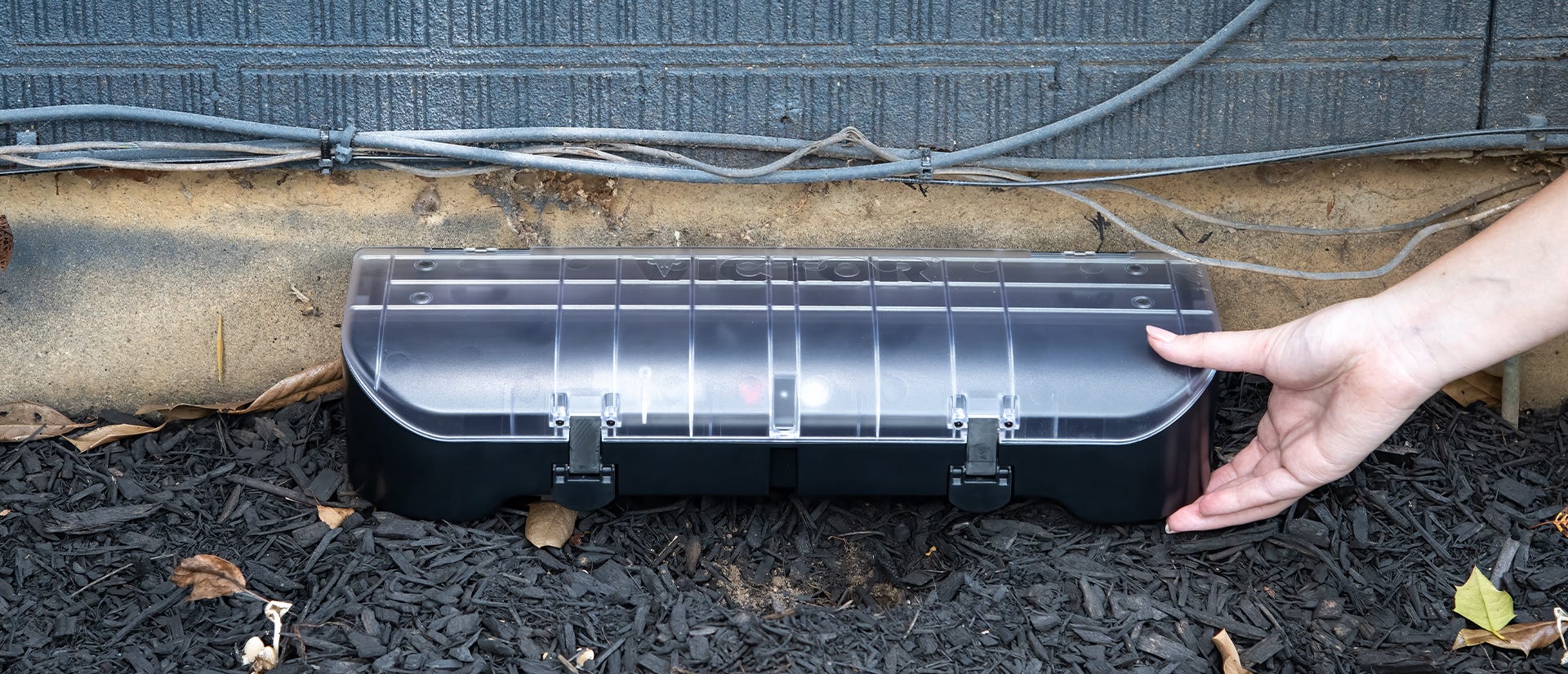
How to Get Rid of Rodents in My Garden
Walk into any hardware store and you can find traps and other devices said to repel rodents. Some work well, while others work intermittently. Rodents, especially rats, are highly intelligent and shy creatures. They’ve learned how to avoid predators, and may quickly learn that a repellent isn’t going to harm them. You may need to change your strategy periodically to keep rodents on their toes.
Water can be used to evict rodents from their burrows. A garden hose sprayed directly into a burrow opening may force the rodents out. They may move back in, but if done frequently enough they can get the picture that this isn’t a good garden to inhabit.
If all else fails, it’s time to set out traps that won’t endanger pets, children, or non-targeted wildlife. Opt for an outdoor trap like our Victor® Zapper Max Outdoor Electronic Rodent Trap, which is weather resistant and features an enclosed tunnel design to keep children and pets safe. Bait traps with peanut butter to attract rodents to it. Larger rodents such as gophers may require bigger traps, such as our Victor® Black Box Gopher Trap.
Shop Victor® Gopher SolutionsIn addition to more traditional mouse traps, live traps, like our Victor® TIN CAT® Mouse Trap are available that can catch and hold up to 30 mice. These must be checked in order to know when the trap is getting full and in need of emptying, especially if you use ones that can only capture a single rodent. Be sure to release them far from your property, and be mindful to keep them away from the property of others, too!
Shop Victor® Mouse TrapsRodenticides, like our Victor® Fast-Kill® Brand Mouse Bait Stations poison rats and mice with tainted bait. Such bait can be dangerous because the poisons that work on rodents can also kill humans and other mammals that may accidentally come into contact with them. Many states now strictly regulate the use of rodenticides, and special tamper-proof bait stations must be used to keep curious pets and children out of them. Such bait stations must be placed near burrow openings to be effective. Rats may not find or take the bait. It’s a smart idea to consult with a pest control expert before using rodenticides and bait stations.
Shop Victor® Fast Kill ®Precautions When Handling Traps
Trapped animals, if still alive, can be dangerous. A bite from a mouse or rat contains microorganisms that can cause infection and disease. Always handle traps carefully and wear thick, protective gloves when disposing of dead rodents. Wash your hands with soap and water after handling traps or rodent carcasses.
Rats, mice, gophers, and other rodents are common garden pests. By removing their food, water, and shelter, and making your garden as unpleasant for them as possible, you can encourage them to move along and find a home elsewhere. Although traps may be an unpleasant thought, they can be very effective. With some diligence and effort, you can rid your garden of rodent pests.

